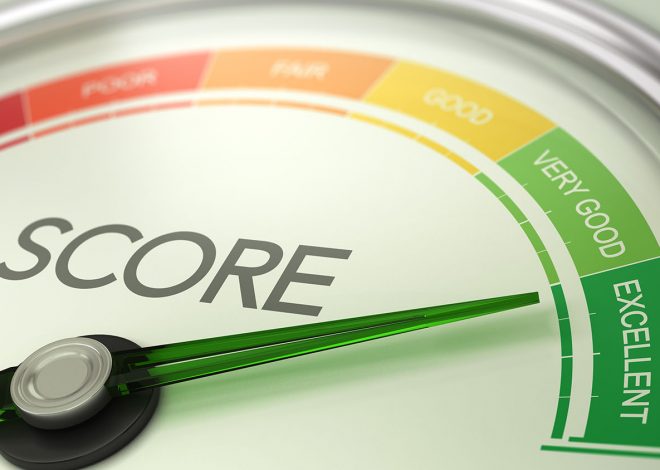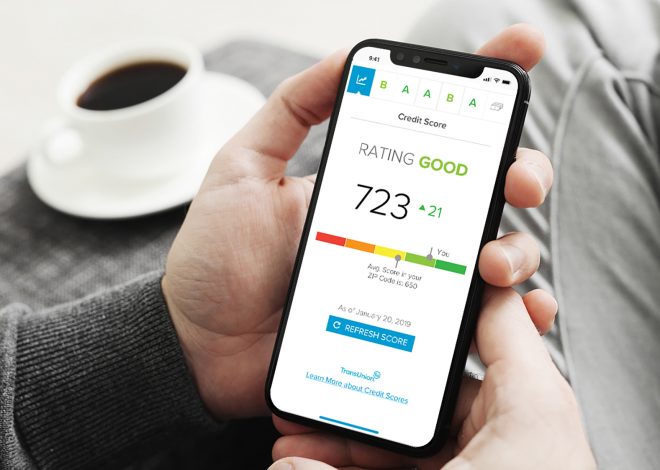Managing Credit Responsibly: Best Practices
In today’s financial landscape, credit plays a vital role in our lives. From purchasing homes and cars to securing loans for education or starting a business, managing credit responsibly is essential. Good credit management not only opens up financial opportunities but also ensures long-term financial health. This article explores best practices for managing credit, improving credit scores, and understanding various credit products.
Understanding Credit
Credit is essentially a measure of your ability to borrow money and repay it over time. It involves a creditor lending you funds with the expectation of repayment, usually with interest. Your creditworthiness is assessed through your credit score, a numerical representation based on your credit history.
- Credit Score Components: Your credit score is influenced by several factors, including payment history, credit utilization, length of credit history, types of credit accounts, and recent credit inquiries. Payment history and credit utilization are the most significant factors, accounting for the bulk of your credit score.
- Credit Reports: Credit reports, generated by credit bureaus, provide a detailed record of your credit history. They include information on your credit accounts, payment history, outstanding debts, and public records such as bankruptcies or liens. Regularly reviewing your credit reports helps you stay informed about your credit status and identify any errors or fraudulent activities.
Best Practices for Managing Credit
Managing credit responsibly involves adopting practices that enhance your creditworthiness and ensure you maintain a healthy financial profile. Here are some best practices to help you manage credit effectively:
- Pay Bills on Time: Timely bill payment is crucial for maintaining a good credit score. Late or missed payments can significantly impact your credit score and remain on your credit report for several years. Set up reminders or automate payments to ensure you never miss a due date. If you’re facing financial difficulties, contact your creditors to discuss potential payment arrangements before missing a payment.
- Monitor Credit Utilization: Credit utilization, the ratio of your credit card balances to your credit limits, plays a significant role in your credit score. Aim to keep your credit utilization below 30%, and ideally below 10%, to positively impact your score. Paying down balances and avoiding maxing out your credit cards can help you maintain a low utilization rate.
- Review Credit Reports Regularly: Regularly checking your credit reports allows you to spot errors or signs of identity theft early. You are entitled to a free credit report from each of the three major credit bureaus (Equifax, Experian, and TransUnion) once a year through AnnualCreditReport.com. Reviewing your reports from each bureau ensures that you have a comprehensive understanding of your credit history.
- Diversify Credit Accounts: Having a mix of credit accounts, such as credit cards, installment loans, and mortgages, can positively influence your credit score. However, only open new credit accounts when necessary and avoid applying for multiple accounts within a short period, as this can lead to numerous credit inquiries and negatively impact your score.
- Manage Debt Wisely: Accumulating excessive debt can harm your credit score and financial health. Develop a plan to pay down existing debt and avoid taking on new debt unless absolutely necessary. Focus on paying off high-interest debt first to reduce overall interest expenses and accelerate debt repayment.
- Limit Credit Inquiries: Each time you apply for credit, a hard inquiry is recorded on your credit report. Multiple hard inquiries within a short period can lower your credit score. Limit credit applications to essential needs and avoid opening multiple accounts simultaneously. Soft inquiries, such as those made by you to check your credit or by potential employers, do not impact your score.
- Use Credit Cards Responsibly: Credit cards can be powerful financial tools when used responsibly. Charge only what you can afford to pay off in full each month to avoid interest charges and maintain a healthy credit utilization rate. Regularly monitor your credit card statements for any unauthorized transactions and report them immediately to your card issuer.
- Build a Strong Credit History: The length of your credit history affects your credit score. Keeping older accounts open and active can help build a longer credit history. Even if you no longer use certain credit cards, consider keeping them open with occasional small purchases to maintain a positive account history.
Improving Credit Scores
Improving your credit score is a gradual process that requires consistent effort and responsible credit management. Here are some strategies to help boost your credit score over time:
- Correct Errors on Credit Reports: Mistakes on your credit report can unfairly lower your credit score. If you identify any inaccuracies, such as incorrect account information or fraudulent activities, dispute them with the credit bureau. The bureau is required to investigate and correct any verified errors, which can improve your score.
- Reduce Outstanding Debt: High levels of outstanding debt can negatively impact your credit score. Create a debt repayment plan that prioritizes high-interest debt and aims to reduce your overall debt burden. Consistently paying down debt demonstrates financial responsibility and can boost your credit score.
- Negotiate with Creditors: If you’re struggling with debt or have missed payments, consider negotiating with your creditors. Some may offer payment plans, reduced interest rates, or settlements for less than the full balance. These arrangements can help you manage your debt more effectively and prevent further damage to your credit score.
- Become an Authorized User: If you have a trusted friend or family member with good credit, ask if they can add you as an authorized user on one of their credit cards. This can help you build credit by piggybacking on their positive credit history. Ensure the primary cardholder manages the account responsibly, as any negative activity will also affect your credit.
- Use Credit-Building Products: Secured credit cards and credit-builder loans are designed to help individuals with limited or poor credit history build their credit. Secured credit cards require a security deposit, which serves as your credit limit. Credit-builder loans involve borrowing a small amount of money that you repay over time, with the loan amount held in a savings account until it’s fully repaid.
Understanding Credit Products
Familiarizing yourself with various credit products can help you make informed decisions that align with your financial goals and needs. Here are some common credit products and their key features:
- Credit Cards: Credit cards offer revolving credit, allowing you to borrow up to a certain limit and repay it over time. They come with variable interest rates, rewards programs, and different fees. Understanding the terms and conditions of each credit card can help you choose the one that best fits your spending habits and financial goals.
- Personal Loans: Personal loans are installment loans that provide a lump sum of money that you repay over a fixed term with fixed interest rates. They can be used for various purposes, such as debt consolidation, home improvements, or major purchases. Personal loans often have lower interest rates than credit cards, making them a viable option for larger expenses.
- Mortgages: Mortgages are long-term loans used to purchase real estate. They come with fixed or variable interest rates and require a down payment. Mortgages typically have lengthy repayment terms, ranging from 15 to 30 years. Understanding mortgage terms, such as interest rates, loan types, and repayment schedules, is crucial for making informed home-buying decisions.
- Auto Loans: Auto loans are installment loans specifically for purchasing vehicles. They come with fixed interest rates and repayment terms, usually ranging from three to seven years. Comparing loan offers and understanding the total cost of financing, including interest and fees, can help you make sound decisions when buying a car.
- Student Loans: Student loans provide funds for educational expenses and are available through federal or private lenders. Federal student loans often offer more favorable terms, such as lower interest rates and flexible repayment options. Understanding the terms of your student loans and exploring repayment options, such as income-driven plans, can help you manage your debt after graduation.
- Home Equity Loans and Lines of Credit (HELOCs): Home equity loans and HELOCs allow homeowners to borrow against the equity in their homes. Home equity loans provide a lump sum with fixed interest rates, while HELOCs offer a revolving line of credit with variable rates. These products can be used for home improvements, debt consolidation, or other significant expenses. Carefully consider the risks, as defaulting on these loans can result in the loss of your home.
Managing credit responsibly is crucial for maintaining financial health and accessing various credit products that can support your financial goals. By adopting best practices, such as paying bills on time, monitoring credit utilization, reviewing credit reports regularly, diversifying credit accounts, and managing debt wisely, you can build and maintain a strong credit profile.
Improving your credit score requires consistent effort and strategic actions, such as correcting errors on credit reports, reducing outstanding debt, negotiating with creditors, and using credit-building products. Understanding the different types of credit products and their features allows you to make informed decisions that align with your needs and financial situation.
Responsible credit management is a continuous process that requires diligence, discipline, and informed decision-making. By prioritizing good credit habits and understanding the nuances of credit products, you can achieve and maintain a healthy credit profile that opens up opportunities and supports your long-term financial well-being.




